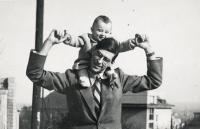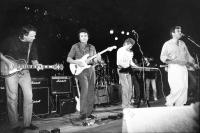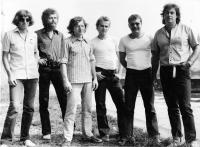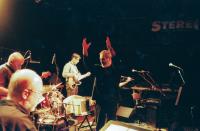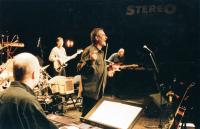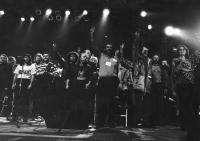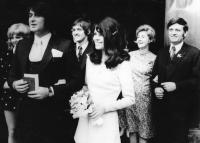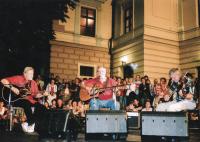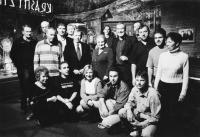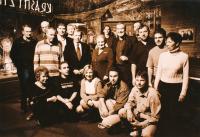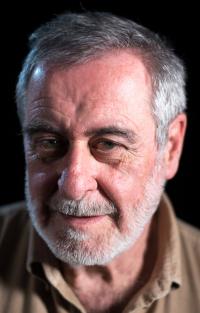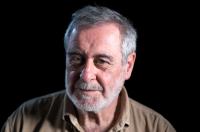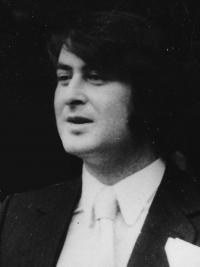You can only be successful in what you want to do and what you believe in

Download image
Michal Prokop was born on 13 August 1946 in Prague. Unlike most of their Jewish relatives, his parents had survived imprisonment in the Terezín ghetto. Michal soon fell in love with music, especially classical jazz and black artists. He played guitar in a band he founded with his friends. In the late 1960s he began to sing and following a successful concert in 1967 turned into a professional musician. He had a star career with the band Framus Five but the tightening political landscape and changing conditions on the musical scene lead to the band’s breakup. A highlight of this era was the album Město ER. Michal then began performing in pop music. However, the related environment and production got him down. The most notable moment of this unfortunate era was his signature of the so-called Anticharter. Ever since late 70s Michal Prokop had once again focused on his career, re-launching Framus 5. Three successful albums Kolej Yesterday, Nic ve zlým, nic v dobrým a Snad nám naše děti... published throughout the 1980s represent the peak of his career. In 1989 he signed a petition asking for the release of Václav Havel from prison, as well as the “Several Sentences” manifesto. He was elected head of the strike committee of Czechoslovak popular music artists. In 1990 he had concluded his musical career and instead became involved full-time in politics as an MP in the Federal Assembly, elected on the Civic Forum ticket. Following its dissolution he became a member of Civic Democratic Alliance. He dealt mostly with cultural and social issues and for several years served as deputy minister of culture. He left politics in 1998. For three years he managed the project Prague - European Capital of Culture 2000. He moderated TV discussion shows Nic ve zlým and Krásný ztráty. He returned to performing in 1993. His last studio album was published in 2012.
